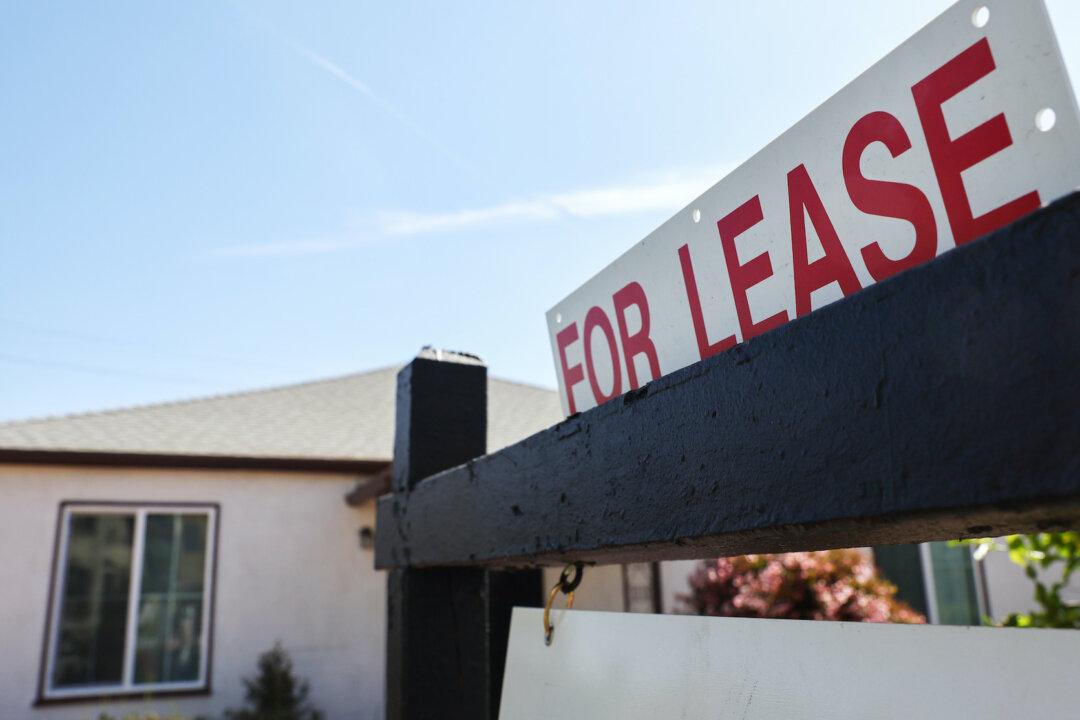California is home to some of the widest gaps between mortgage payments and rental costs in the nation, meaning it is increasingly harder to buy a home compared to renting one, according to analysts.
The California Legislative Analyst’s Office (LAO) reported on April 21 that the gap between monthly costs of buying a bottom-tier home versus renting a bottom-tier home has reached levels not seen since the mid-2000s housing bubble, with the growth attributed to higher home prices and higher mortgage rates.





